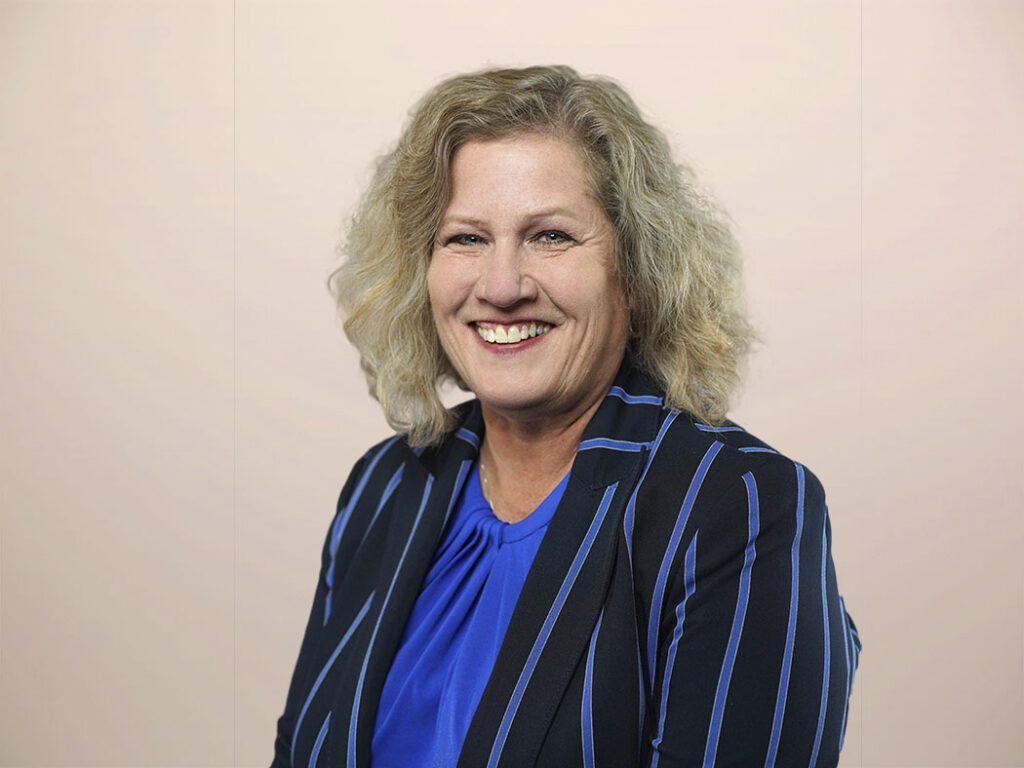Hey! Don’t Leave An Important Faction Off Your Sales Learning Event Guest List
I come from a very large family — I’m the seventh child of 10. So when we plan our holiday gatherings, it’s no small feat for the host to not only corral the “yays” and “nays” of who’s attending, along with how many kids will be in tow, but also to coordinate all the circuses that go into planning a successful holiday event.
This year, I was left off the email giving details of our Thanksgiving gathering — what time to show, what to bring, anticipated highlights of the day. I was assured it was totally an accident, but … they forgot me!
Now, I’m not saying that the entire day would have been a total disaster had I not been in attendance, but I like to think I bring a certain added flair to any festivity — my famous pumpkin pie, at the very least. So if the wanted outcome is a day of laughter and a lifetime of memories, by golly — include me in your plans. I promise, I’ll help make memories that stick!
Now that I’m back at my desk and turkey and pumpkin pie are but a dream, I’ve transitioned my thoughts from making memories that stick to answering client questions about best practices for making sales learning that sticks!
I’m not going to lie, I’m still smarting from the “invite accident of 2021,” so take it from me and don’t forget to invite an incredibly important faction to your learning party – first-line sales managers (FLSMs). After all, it’s the FLSMs who are going to be working day in and day out with the reps. To ensure that the knowledge and skills just learned at your training party — er … event — sticks, be it sales kickoff (SKO), onboarding, new product launch, or any other workshop, it’s critical that you enable FLSMs to coach and inspect their teams and help them put into practice whatever their newest competency may be.
I’ve had clients tell me that sales managers aren’t comfortable with being involved in a workshop or facilitating a breakout or even showing their teams what “good” looks like. “It would be a big cultural shift,” I’m often told. Well, get them comfortable and start shifting that culture, or honestly, don’t bother with the learning event. Seriously, it’s that important.
To make sure you’re creating a learning event that actually develops the behaviors your sales reps need to demonstrate, keep these best practices in mind:
- One-off events won’t work. Sales learning and development should never be treated as a one-off event if the idea is to develop or fill a competency gap that leadership has determined is critical for a particular role’s success in your organization. Be it an actual face-to-face event or an assigned e-learning module, one-and-done won’t change any behaviors.
To ensure that you’re setting your sales organization up for success, and to change actual behaviors, you need to tell them what they need to know, show them what good looks like, have them practice, and then reinforce the desired behavior. Practice and reinforcing the new learnings fall smack-dab on the laps of FLSMs. If no one is showing reps what good looks like by having them practice and then reinforcing it — I’m looking at you, managers — then there will be no change in behaviors. The bulk of the actual change takes place out of the classroom. Plan for it. - Enable the managers. When sales managers are left out of the party and don’t have their own enablement backing, they often rely on their own experiences to help their reps understand “what good looks like.” While pulling from persona experiences that made them successful is admirable, if they aren’t consistently enabled, you’re taking a chance on creating random outcomes. Worse yet, if you haven’t defined expectations of FLSMs, inconsistent approaches will make it impossible for you to measure any kind of coaching or readiness success. By developing a formal enablement program specific to FLSMs, you’ll be able to focus a manager’s activities with preferred outcomes: Win for the organization, win for manager performance, win for rep development. And by the way, according to the Forrester 2019 Sales Talent Study, the perceived competency of an FLSM is a significant factor for high-performing reps when considering leaving or taking a new job. In the age of “the great resignation,” don’t leave anything to chance — ensure that your managers are sufficiently enabled.
- Measure desired outcomes. So what are the desired outcomes you’re hoping to accomplish with your learning event — or curriculum? Be crystal clear on what you need from the reps and, thus, from their managers. The end result shouldn’t be that “all field reps completed training.” That outcome is fine to understand developmental milestones, but be clear on what behaviors need to be demonstrated and align them to how they will impact sales and business strategies. The more aligned your programs are to the overarching strategies, the easier it is for your entire sales organization to understand the “what” and “why” of the programs they are participating in — required or not.
Sure, it’s going to take more planning and a bit more effort to double-check your invite list when pulling sales learning and development together. But I promise, by making sure that you are giving all the key players a seat at the table, you’ll literally have a successful party from soup to nuts — including the pumpkin pie!
